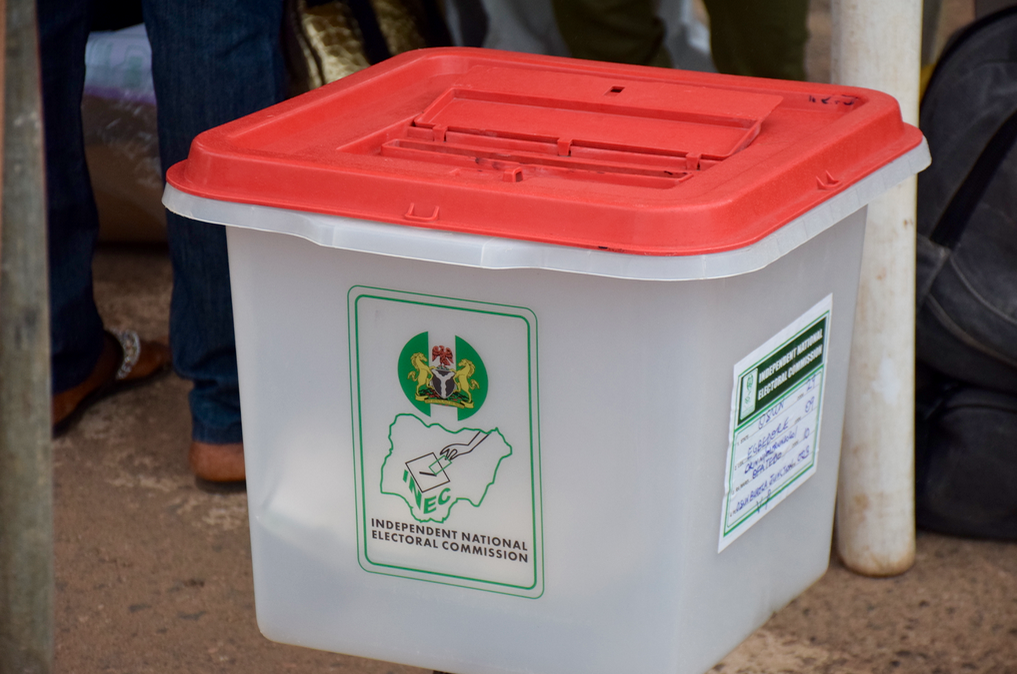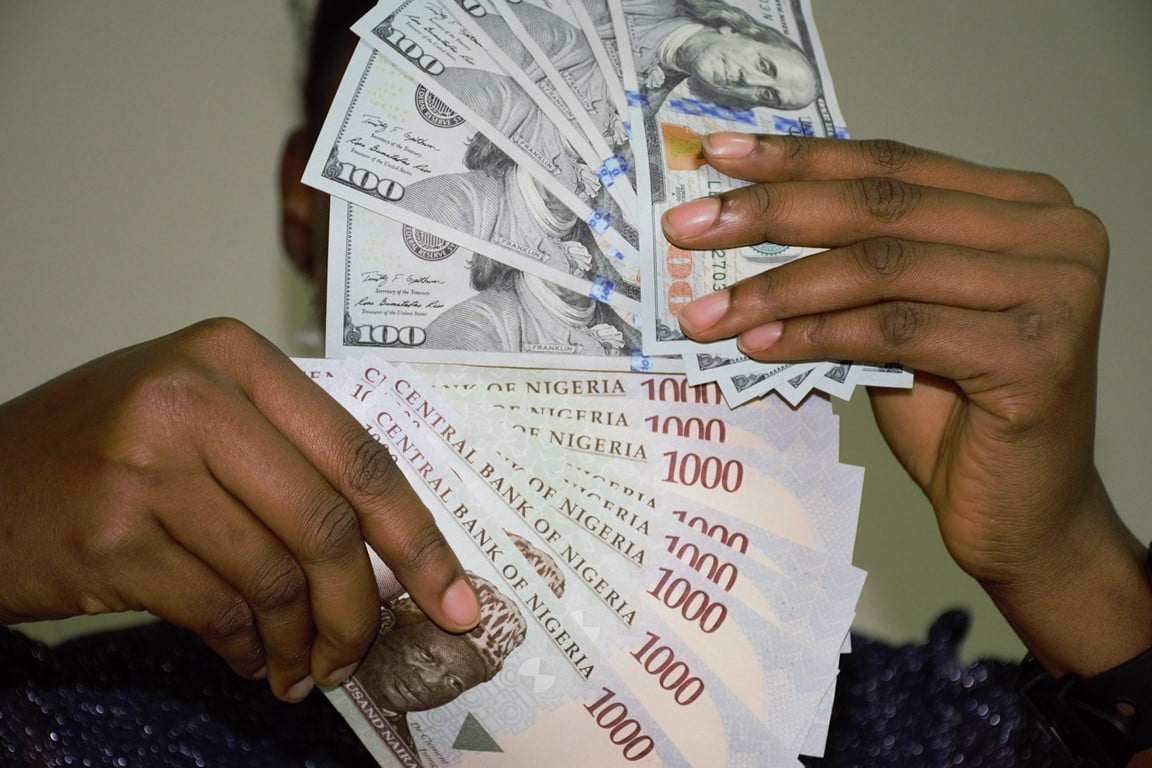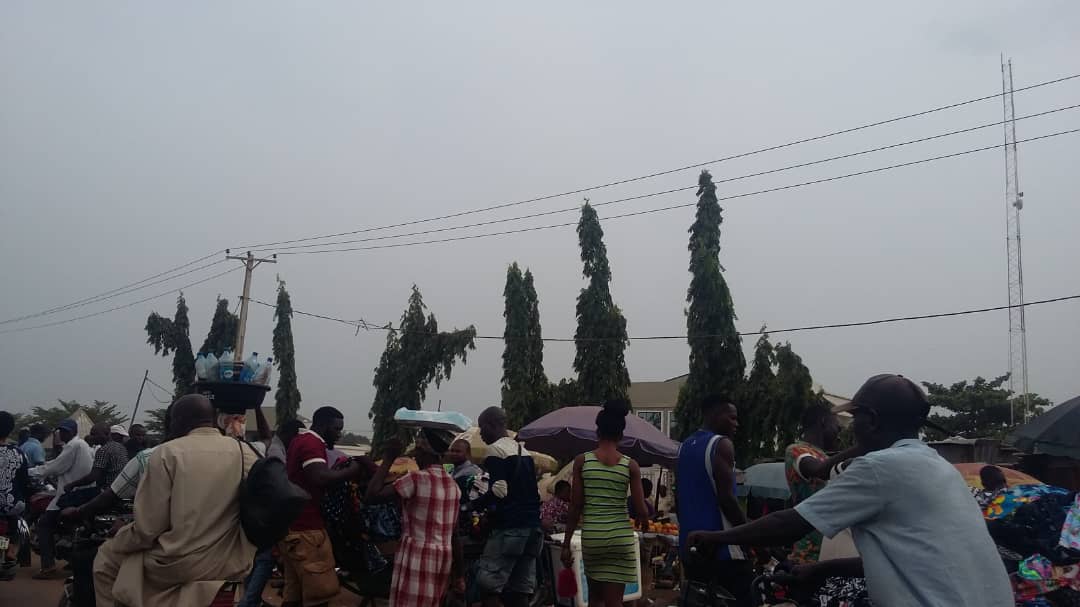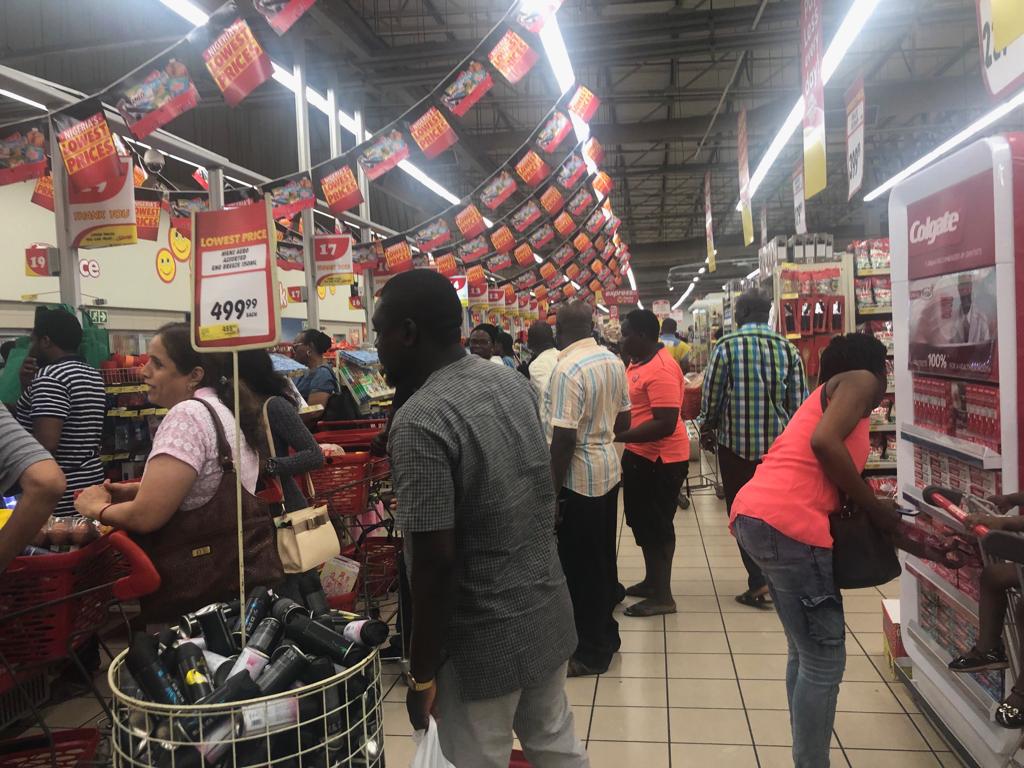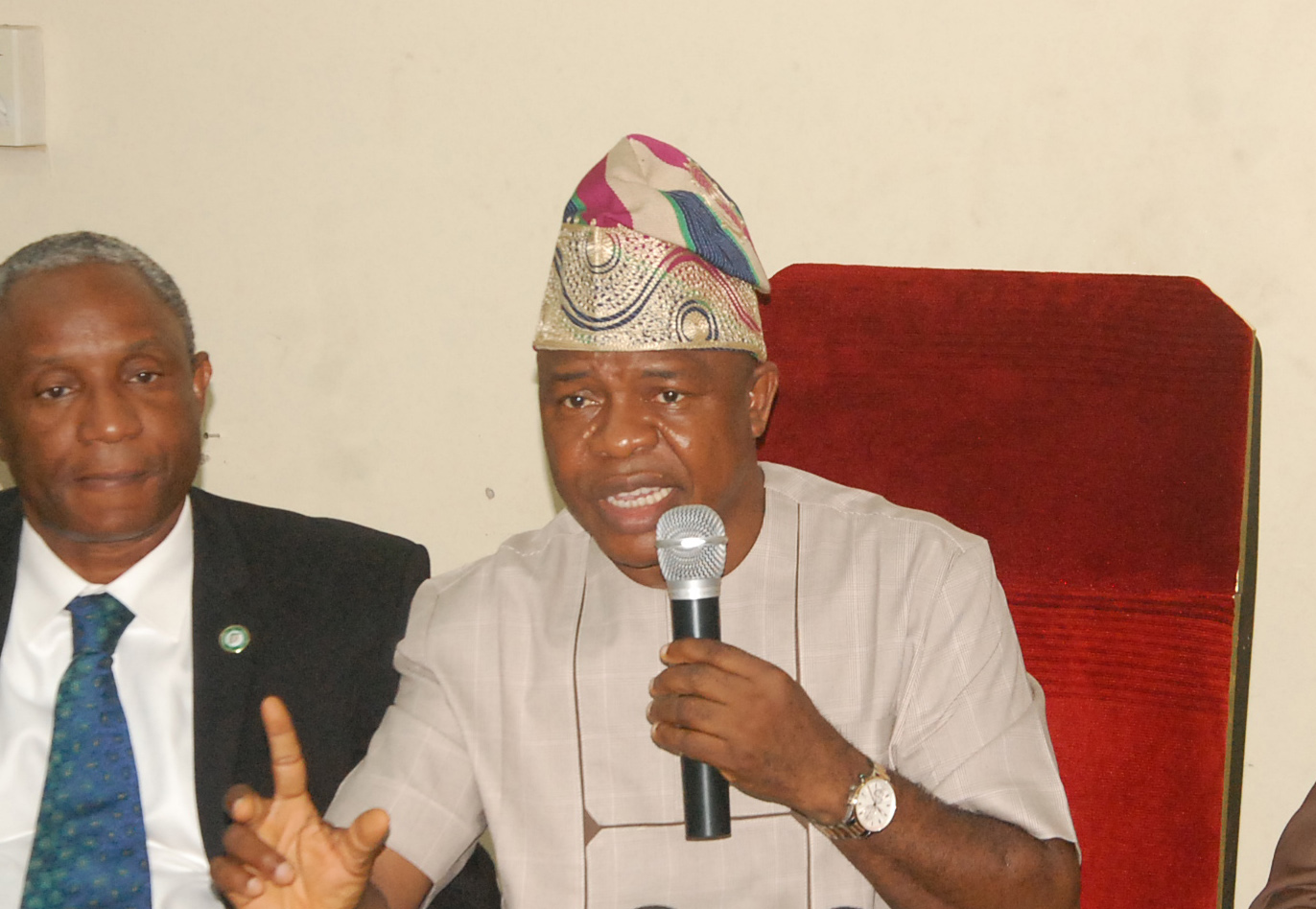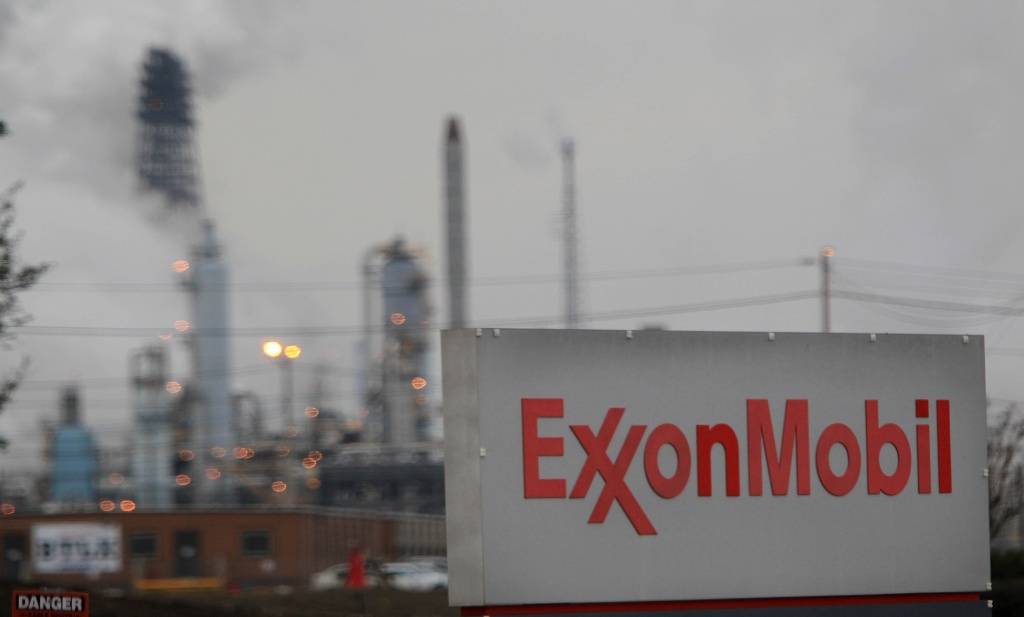The Centre for Democracy and Development (CDD) election analysis centre has projected a tight race in the 2019 presidential election holding on Saturday.
The centre, which is in partnership with TheCable, released its final analysis on Friday night with the conclusion that “this will be the first time Nigeria election would be indeed too close to call”.
THE FULL ANALYSIS
In the presidential contest, it is a straight contest between incumbent Muhammadu Buhari of the ruling All Progressives Congress (APC) and his primary challenger Atiku Abubakar of the People’s Democratic Party (PDP).This will not be the first time Buhari, 76, and Atiku, 72, have faced one another. Both men contested the 2007 presidential elections, coming a distant second and third behind the PDP’s Umaru Yar’Adua. In 2014, the two met again in the APC primaries, with Buhari emerging victorious. In addition to the two leading candidates, Professor Kingsley Moghalu and Omoyele Sowore are also expected to make a noticeable impact.
Advertisement
Issues
In all these contests, Nigerian voters have many concerns and issues that would determine how they vote in the 2019 elections. For many, these remain the key onesthat dominated the 2015 elections – the economy, security, and corruption.
For the first time in over two decades, Nigeriaeconomy slipped into recession. Since exiting recession in September 2017, the economy has shown modest signs of growth. However, unemployment and poverty remain huge concerns as the country struggles to diversify her economy. The opposition blames the government under whose watch the country went into recession while the government is praising itself for getting out of recession.
Advertisement
The issues around insecurity have been central in shapingthe electioneering campaigns. In 2015, the Boko Haram insurgency dominated the discourseduring the elections. In 2019 however, the issue is that insecurity has spread intofive (5) out of the six (6) geopolitical zones in the country. In addition to the Boko Haram insurgency, farmer and herders’ conflicts, rural banditry, massive kidnapping and the resurgence of theBiafran separatist agitations have spread almost all over the country.
By all accounts, corruption has continued to plague Nigeria, and it is easy to see why it is a crucial issue in this year’s election. Buhari, who came into office promising to tackle corruption, has himself struggled to make much progress in terms of ridding the country of corruption despite some strategic steps such as establishing the Presidential Advisory Committee against Corruption and introducing a whistle-blower policy. The question is has he done enough.
The Race
Breakdown of the presidential race in Nigeria’s six geopolitical zones can be contextualized using the 84,004,084 registered voters nationwide.These numbers and results garnered by leading candidates in previous elections vary across the geo-political zones as follows:
Advertisement
North West
- 2011 results: Buhari, 6,453,437 (43%); Jonathan, 3,466,924 (32.46%).
- 2015 results: Buhari, 7,115,199 (34%); Jonathan, 1,352,071 (15.46%).
- 2019 registered voters: 20,158, 100
North East
- 2011 results: Buhari, 3,660,919 (42%); Jonathan, 1,832,651 (31.75%).
- 2015 results: Buhari, 2,848,678 (28%); Jonathan, 796,588 (21.05%).
- 2019 registered voters: 11,289,293
North Central
- 2011 results: Buhari, 1,744,575 (31.87%); Jonathan, 3,376,570 (69%).
- 2015 results: Buhari, 2,411,013 (24%); Jonathan, 1,715,818 (40.03%).
- 2019 registered voters: 13,333,435
South West
Advertisement
- 2011 results: Buhari, 321,609 (7.05%); Jonathan, 2,836,417 (22%).
- 2015 results: Buhari, 2,433,122 (6%); Jonathan, 1,821,416 (40.12%).
- 2019 registered voters: 13,366,070
South East
- 2011 results: Buhari, 20,335 (0.40%); Jonathan, 4,985,246 (98.69%).
- 2015 results: Buhari, 198,248 (7.04%); Jonathan, 2,464,906 (87.55%).
- 2019 registered voters: 10,057,130
South South
Advertisement
- 2011 results: Buhari, 49,978 (0.79%); Jonathan, 6,128,963 (96.92%).
- 2015 results: Buhari, 418,890 (7.96%); Jonathan, 4,714,725 (89.66%).
- 2019 registered voters: 12,841,279
Registered Voters in 2019
As reported by the electoral management body (INEC), the total number of registered voters ahead of the 2019 general elections is 84,004,084, and out of this figure as at 11 February 2019, a total of 72,775,502 citizens have collected their permanent voter’s cards (PVCs) while 11,228,582 persons are yet to obtain their PVCs. This means that 86.63% of registered voters have their PVCs and can vote. Issues that would affect turn out include voter apathy, which might be exacerbated due to the postponement, one million poll workers who are not located near the polling units will not be able to vote and insecurity. Nonetheless, the elections have raised emotions and enthusiasm, and a massive turn out is expected during the February 23, 2019, presidential election.
Advertisement
PVC Collection Rate
Our analysis of the PVC collection rate across the top ten battleground states (Lagos, Kano, Kaduna, Katsina, Rivers, Niger, Delta, Plateau, Benue, Bauchi and Imo) reveal that the total number of registered voters in the top ten is 37,337,064 which is 44.45% of the total number of registered voters in Nigeria. The total number collected is 32,919,864. In specific terms, relating number of PVCs collected till date to the number of registered voters in the ten states shows that Lagos with highest number of registered voters in the country has 84.19% of PVCs collection rate, Kano which is the second largest states in terms of voters registration has 86.06% PVCs collection rate, followed by Kaduna 92.70% PVCs collected, Katsina 98.69%, Rivers 88.11%, Niger 90.93%, Delta 86.84%, Plateau, 84.48%, Benue 90.84%, Bauchi 94.84% and Imo 74.91% PVCs collection rate respectively. Katsina is interesting as it’s the home State of the ruling party APC candidate but also the state with the fourth most significant number of registered voters. It has the highest number (98.69%) of PVCs collected.
Advertisement
Table: Number and Percentage of PVCs (un)collected as at 11 February 2019
| State | Registered voter | Number of PVCs collected as at 11 Feb. 2019 | % of total PVCs collected | Number of uncollected PVCs | % of uncollected PVCs |
| Lagos | 6,570,291 | 5,531,389 | 84.19% | 1,038,902 | 15.81% |
| Kano | 5,457,747 | 4,696,747 | 86.06% | 761,000 | 13.94% |
| Kaduna | 3,932,492 | 3,648,831 | 92.79% | 283,661 | 7.21% |
| Katsina | 3,230,230 | 3,187,988 | 98.69% | 42,242 | 1.31% |
| Rivers | 3,215,273 | 2,833,101 | 88.11% | 382,172 | 11.89% |
| Niger | 2,390,035 | 2,173,204 | 90.93% | 216,831 | 9.07% |
| Delta | 2,845,274 | 2,470,924 | 86.84% | 374,350 | 13.16% |
| Plateau | 2,480,455 | 2,095,409 | 84.84% | 385,046 | 15.52% |
| Benue | 2,480,131 | 2,244,376 | 84.48% | 235,755 | 9.16% |
| Bauchi | 2,462,843 | 2,335,717 | 94.84% | 127,126 | 5.16% |
| Imo | 2,272,293 | 1,702,178 | 74.91% | 570,115 | 25.09% |
Prognosis for the election day
As millions of Nigerians flock to the over the 100,000 polling units across the nation on Saturday, CDD projects the following:
1. Instrumentalisation of fake news
From half-truths to wild conspiracy theories to fabricated news, disinformation is expected to swirl in the opening hours of the poll. The first set of fake news to expect is likely to be a contrived opening of polls and disappearance of election materials, cases of security agents arresting and maltreating voters or even blocking access to polling stations. These might be grossly exaggerated in terms of scope to create chaos and tension in the polity and affect people’s confidence in the entire electoral process. By midday, we expect to hear and see reports of ballot box snatching and to crown it all it will be the fake circulation of results by both the two dominant parties and their cronies.
2. Localised violence
We anticipate localised violence during the election in some states of the country.
3. INEC
What is not fathomed in this 2019 election is the magnitude of the polls. Two things are very instructive in this dimension: (a) the sheer number of registered voters and importantly (b) 73 political parties are fielding presidential candidates in the elections compared to 14 candidates in the last elections in 2015. By implication, this comes with a host of challenges (i) identification of the symbols (ii) the likelihood of void votes is higher and this may ignite skirmishes during counting (iii) the period it takes to count and fill the result sheets would be lengthier compared to previous elections causing delays that might result in disaffection.
4. Voter turnout
An examination of voter turnout from previous years revealed a progressive decline. The 2015 election recorded a 42.4% voter turnout. Looking at the challenges arising from the postponement and some intervening variables such as insecurity, anything above 40% turnout in the 2019 election is fair. In sum, this will be the first time Nigeria election would be indeed too close to call.
Add a comment
